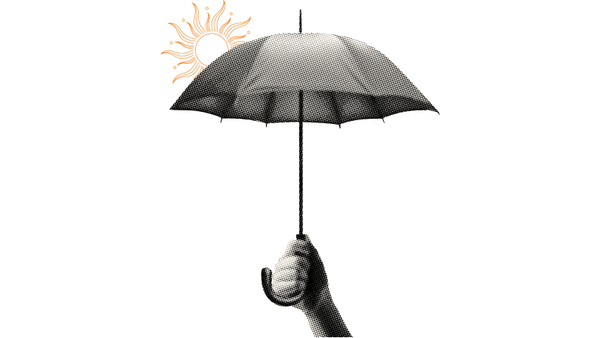

As summer is here, high temperatures and increased humidity pose significant risks to public health. This applies even during the transition period between moderate and extreme weather conditions.
An international team of climate scientists predicts a 90 per cent chance that the summer of 2024 will set new records for average temperatures. This follows several months of the El Nino phenomenon, which began in mid-January and has caused higher sea surface temperatures. The transition to La Nino is also expected to contribute to hotter weather than previous years.
Oman has experienced notable climate changes, with varying weather conditions including high temperatures recorded in several regions. Met office reported that the Wilayat of Sur reached 42.0ºC, the highest temperature recorded recently.
It is crucial to understand the dangers posed by extreme heat, which can lead to heat stress, characterised by symptoms such as sweating, fatigue, severe headaches, increased heart rate, muscle cramps, dizziness and fainting. Vulnerable groups include children, the elderly, and those who engage in physical activities in hot weather. Without proper management, heat stress can escalate to heat stroke or heat poisoning.
Heat waves also impact mental health, causing increased irritability, tension and a higher likelihood of traffic accidents due to impaired attention and concentration. Hence, maintaining a balanced temperature is vital for both physical and psychological well-being.
Preventive measures to combat heat stress include wearing suitable clothing, staying hydrated, using sunscreen, avoiding strenuous activities during peak temperatures, and not leaving children in parked cars. Additionally, precautions should be taken with vehicles, such as avoiding overfilling fuel tanks and slightly opening windows to reduce heat build-up.
As temperatures rise, scorpions and reptiles become more active, posing additional risks. The Public Authority for Civil Defence and Ambulance (PACDA) advises vigilance to avoid these creatures entering homes and farms.
Safety measures also include not exposing gas cylinders to direct sunlight, managing electricity loads carefully, and limiting air conditioner use to occupied rooms during peak heat times. By following these guidelines, individuals can protect themselves and their loved ones from the adverse effects of extreme summer heat.
Oman Observer is now on the WhatsApp channel. Click here



